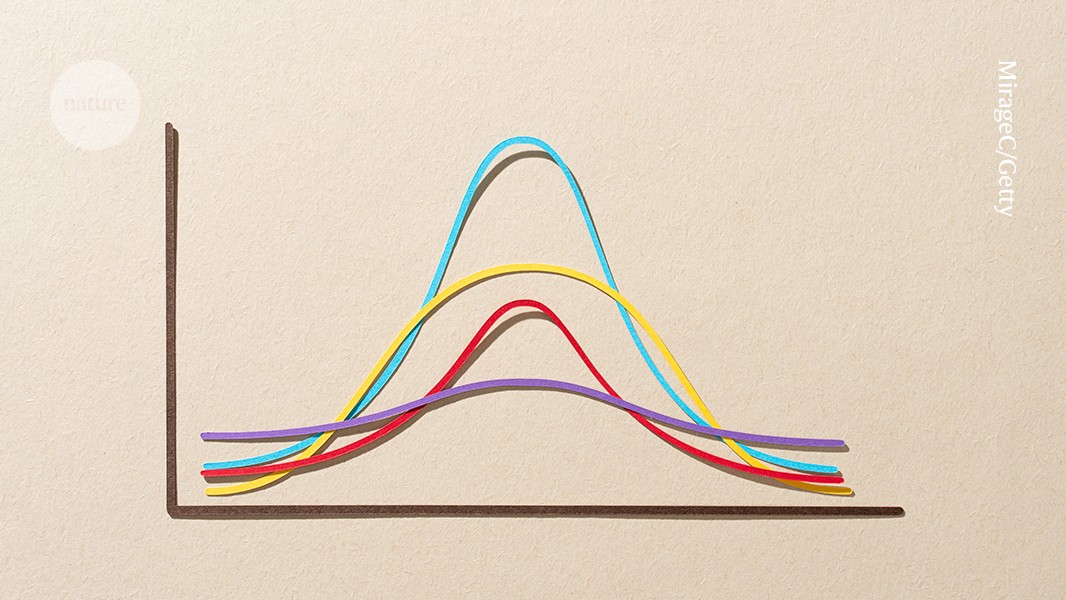
"ending the experiment too early can lead to P hacking, as it risks reporting non-representative results that lack full experimental context."
"one tends to focus on achieving that statistically significant finding, often sidelining the integrity of the research process in favor of immediate results."
The article discusses the prevalence and dangers of P hacking, a practice where researchers manipulate statistical analysis to achieve significant results. This often occurs unintentionally as researchers feel pressured to publish. Common P hacking behaviors include stopping experiments early once a significant finding is observed or reanalyzing data until a favorable P value is found. Such practices contribute to the growing reproducibility crisis in science by skewing published results that may be misleading or unfounded. Emphasizing pre-established protocols and honest analysis is crucial to mitigate these issues.
Read at Nature
Unable to calculate read time
Collection
[
|
...
]